The healthcare industry is undergoing a transformative revolution, and at the heart of this transformation lies blockchain technology. Beyond its well-known application in cryptocurrencies, blockchain is making significant inroads into healthcare, promising to solve critical issues surrounding data security, interoperability, and patient privacy. In this article, we will explore the impact of blockchain in healthcare, its potential benefits, and the challenges it aims to address.
The Current Challenges in Healthcare
Healthcare is a data-intensive industry where patient information is critical, and interoperability between systems is essential. However, the healthcare sector faces several challenges:
1. Data Security: The healthcare industry is a prime target for cyberattacks due to the sensitivity and value of patient data. Breaches can result in identity theft, fraud, and compromised patient care.
2. Data Silos: Healthcare data is often fragmented across different institutions and systems, making it challenging for healthcare providers to access and share patient information. This lack of interoperability can result in fragmented and inefficient care.
3. Privacy Concerns: Patients are increasingly concerned about the security and privacy of their healthcare data. Regulations like the Health Insurance Portability and Accountability Act (HIPAA) in the United States emphasize the importance of maintaining patient privacy and securing medical records.
4. Counterfeit Drugs: The pharmaceutical industry faces challenges related to counterfeit drugs, which can be a significant health risk to consumers. Ensuring the authenticity and traceability of pharmaceutical products is a priority.
The Role of Blockchain in Healthcare
Blockchain technology offers a potential solution to these challenges, making it an ideal candidate for transforming healthcare. Here are some key aspects of blockchain’s role in the industry:
1. Enhanced Data Security: Blockchain’s decentralized and immutable ledger system offers robust security. Patient data can be stored securely on the blockchain, reducing the risk of unauthorized access and data breaches. Each entry is cryptographically linked to the previous one, making it extremely difficult for malicious actors to tamper with the data.
2. Interoperability: Blockchain can facilitate seamless data exchange between healthcare providers, systems, and institutions. Patients can grant permission for specific entities to access their medical records, ensuring data is readily available for informed care decisions.
3. Patient Empowerment: Blockchain empowers patients to have more control over their healthcare data. Patients can own their medical records and grant access to healthcare providers, giving them greater agency in their healthcare journey.
4. Pharmaceutical Traceability: Blockchain can be used to track the production and distribution of pharmaceuticals. By recording each step of a drug’s journey on a blockchain, it’s possible to verify its authenticity and ensure that it hasn’t been tampered with.
Blockchain in Action
Blockchain is already making strides in healthcare, with various projects and initiatives aiming to address the industry’s challenges. Some notable examples include:
1. Electronic Health Records (EHRs): Several startups and established companies are developing blockchain-based EHR systems. These solutions allow for secure storage and sharing of patient data, reducing the risk of data breaches.
2. Drug Traceability: The pharmaceutical industry is exploring blockchain to verify the authenticity of medications. By creating an unchangeable ledger of drug production and distribution, consumers can be confident in the safety and legitimacy of their medications.
3. Research and Clinical Trials: Blockchain can streamline and secure the management of clinical trial data. Participants can have more control over their data, and researchers can ensure the integrity of their findings.
4. Telemedicine: The rise of telemedicine is accelerated by blockchain technology. It allows for secure video consultations, medical data sharing, and remote monitoring, maintaining patient privacy and data security.
Challenges and Future Prospects
While blockchain holds immense promise for healthcare, it’s not without its challenges:
1. Regulatory Framework: The healthcare industry is heavily regulated, and integrating blockchain must comply with existing laws, like HIPAA. Regulatory hurdles can slow down adoption.
2. Standardization: The lack of standardized protocols for blockchain in healthcare can hinder interoperability and data sharing among various systems.
3. Data Ownership: Determining who owns and controls healthcare data on a blockchain can be complex. Striking a balance between patient control and institutional responsibility is an ongoing challenge.
4. Scalability: As healthcare blockchain networks grow, they must ensure scalability to handle the increased data volume while maintaining speed and efficiency.
In conclusion, blockchain technology is poised to revolutionize the healthcare industry by addressing critical issues related to data security, interoperability, and patient privacy. While challenges exist, ongoing development and collaboration between tech companies, healthcare providers, and regulatory bodies can pave the way for a future where healthcare data is secure, easily accessible, and controlled by patients. As the industry continues to embrace this transformative technology, patients and healthcare providers stand to benefit from a more efficient, secure, and patient-centric healthcare system.












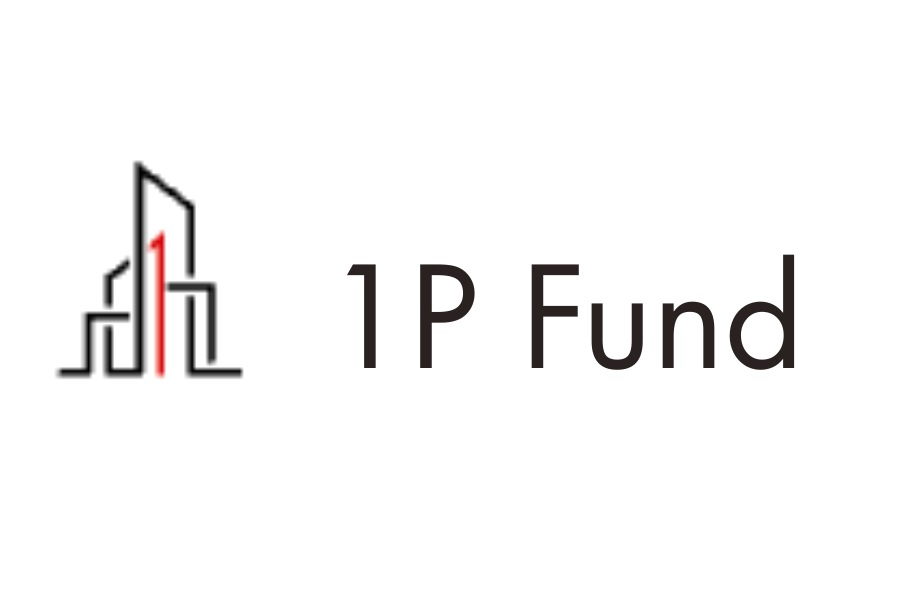
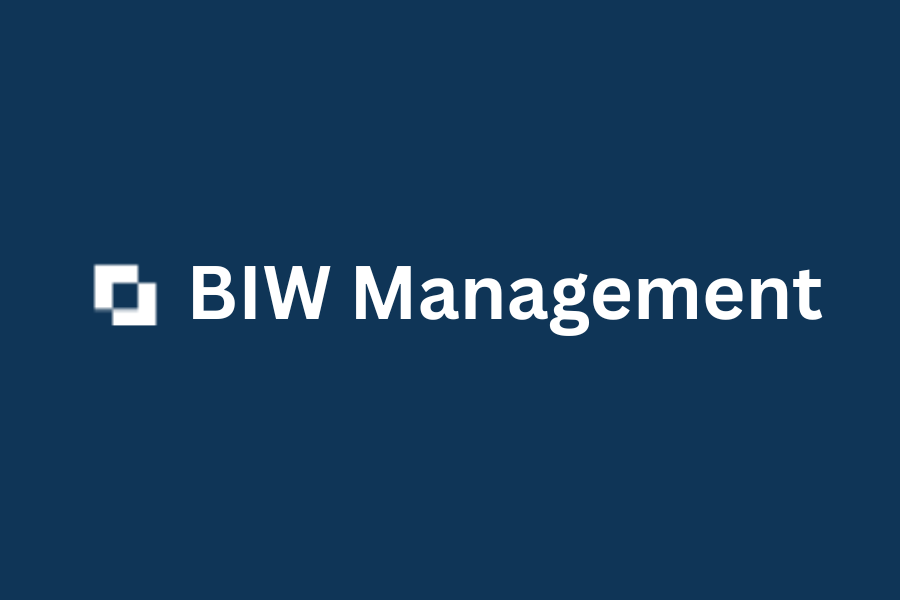

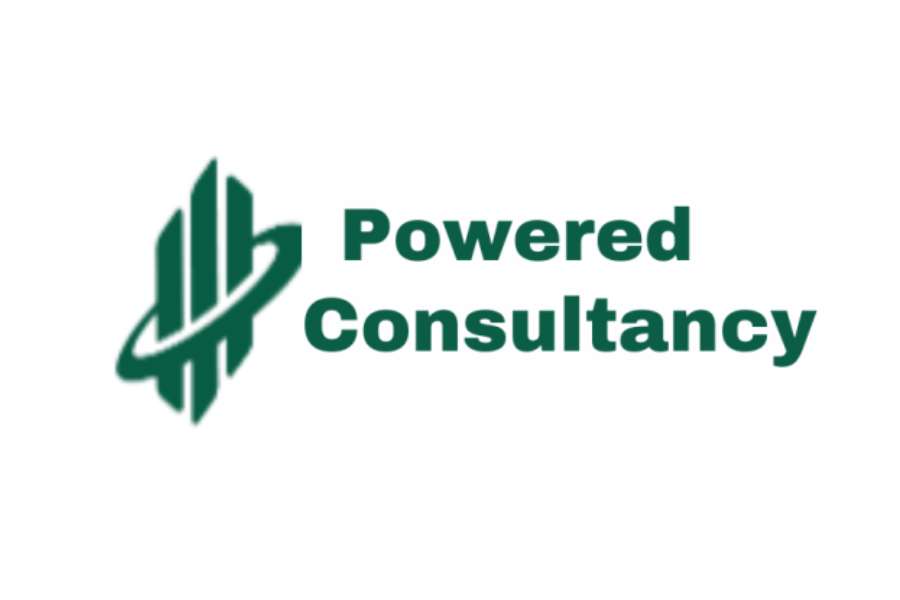
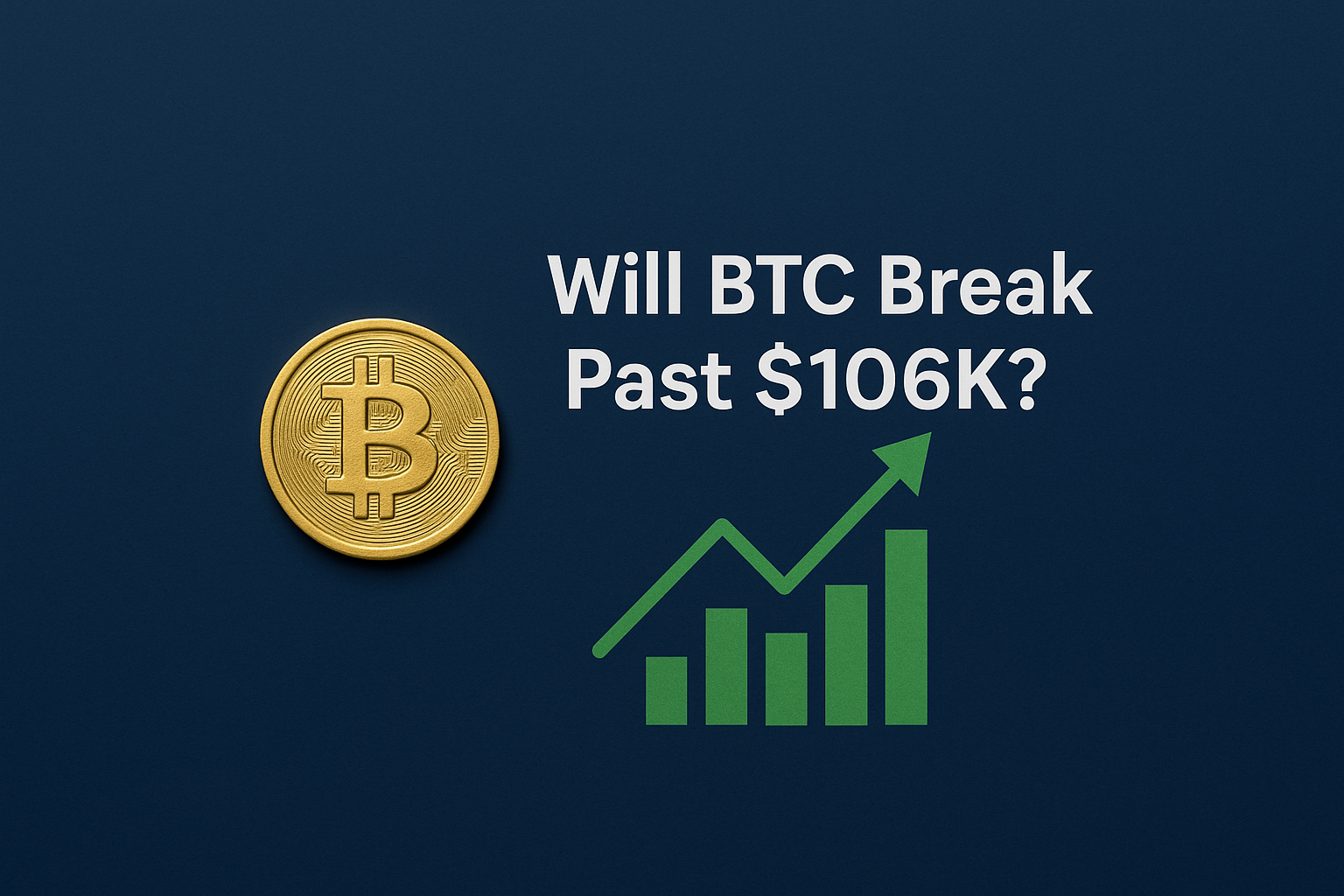
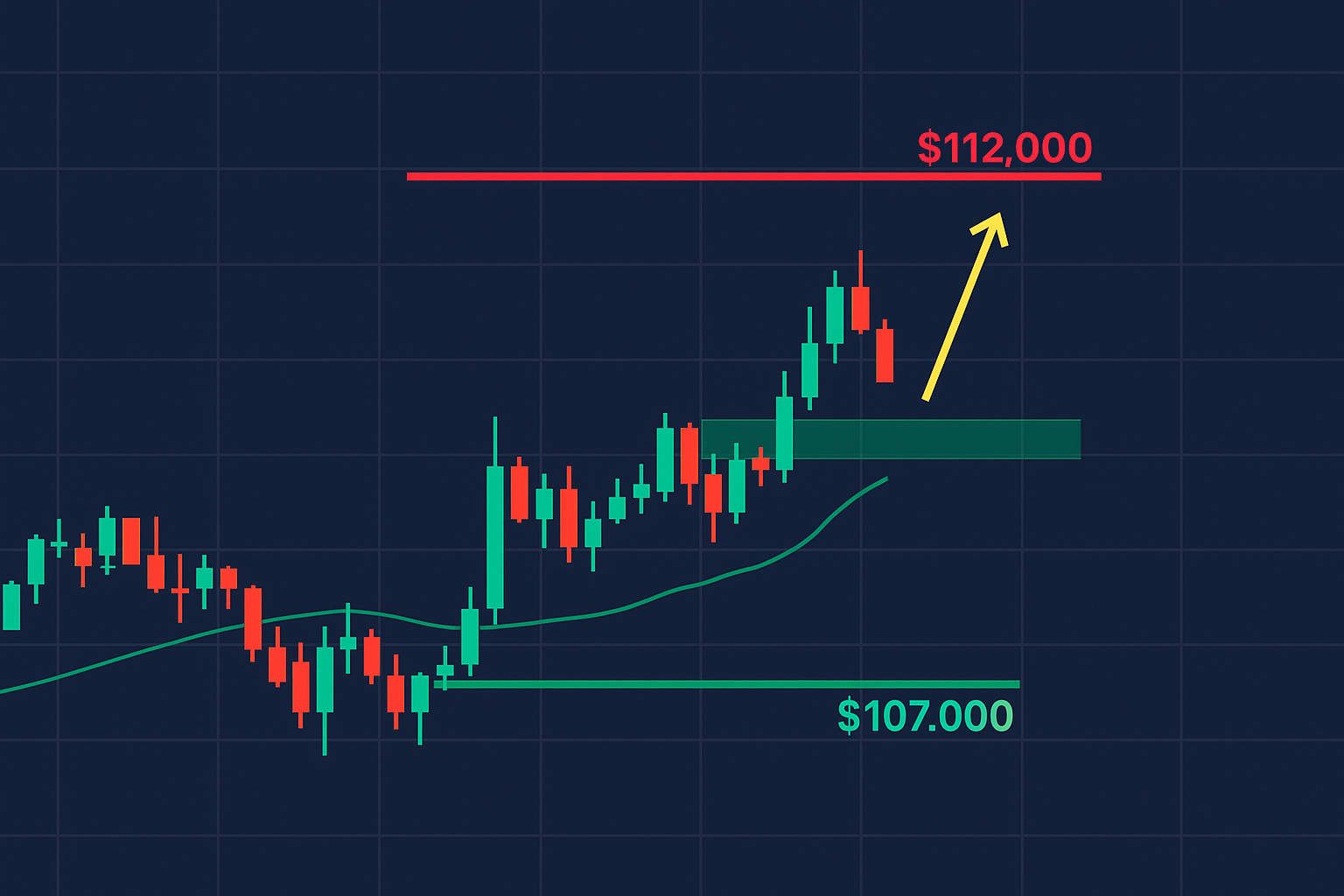



Add Comment